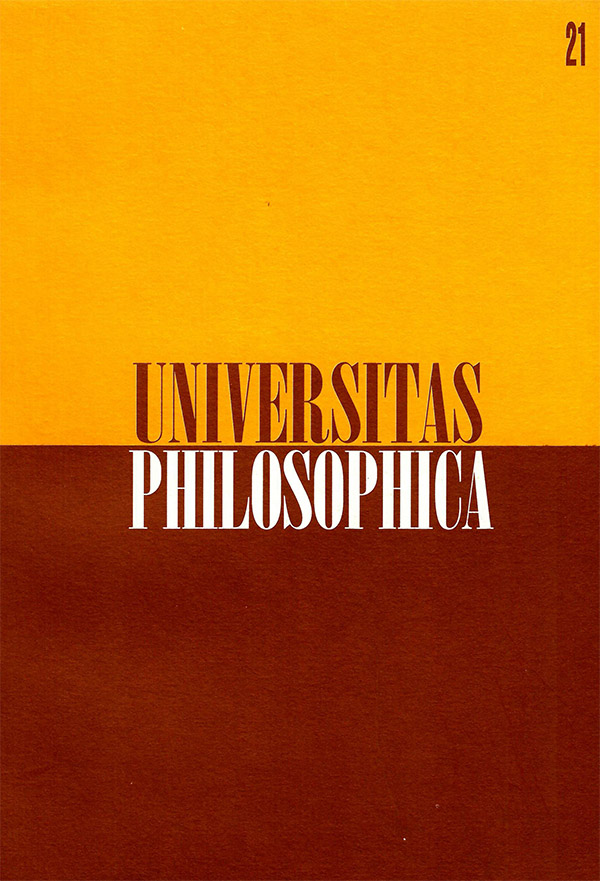Abstract
¿Cómo es posible la mediación entre hombre y naturaleza? Este artículo recorre cuatro momentos de la reflexión sobre la cultura entendida como la mediación necesaria entre estos dos puntales. Los primeros en descubrir el hecho inevitable de la mediación fueron los cínicos y los epicúreos. El ideal de vida simple de los cínicos fue heredado por los estoicos, quienes agregaron a la meditación de aquéllos, a propósito de la relación entre bíos y zoé, un aspecto teórico de singular importancia. Tanto cínicos, estoicos y epicúreos, intentaron establecer los principios de la moral a partir de una filosofía de la corporeidad, de la cual la okéiosis griega y la conciliatio romana, fueron categorías básicas. Señales de estas antiguas filosofías son rastreables en el pensamiento de Ignacio Ellacuría, quien, inspirado en su maestro -Xavier Zubiri- y ante las amenazas de un futuro de destrucción y de muerte, considera que es necesario acogerse auna filosofía de la corporeidad, que permita un pensamiento integrado que nos ponga otra vez más allá de la realidad escindida ideológicamente.This journal is registered under a Creative Commons Attribution 4.0 International Public License. Thus, this work may be reproduced, distributed, and publicly shared in digital format, as long as the names of the authors and Pontificia Universidad Javeriana are acknowledged. Others are allowed to quote, adapt, transform, auto-archive, republish, and create based on this material, for any purpose (even commercial ones), provided the authorship is duly acknowledged, a link to the original work is provided, and it is specified if changes have been made. Pontificia Universidad Javeriana does not hold the rights of published works and the authors are solely responsible for the contents of their works; they keep the moral, intellectual, privacy, and publicity rights.
Approving the intervention of the work (review, copy-editing, translation, layout) and the following outreach, are granted through an use license and not through an assignment of rights. This means the journal and Pontificia Universidad Javeriana cannot be held responsible for any ethical malpractice by the authors. As a consequence of the protection granted by the use license, the journal is not required to publish recantations or modify information already published, unless the errata stems from the editorial management process. Publishing contents in this journal does not generate royalties for contributors.


